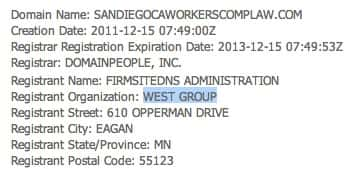To the best of my knowledge, the legal industry is the only industry that pays for their websites on an ongoing subscription basis. Most companies pay a one off project fee for their website, lawyers tend to lease them on an ongoing basis – often at exorbitant rates with little or any value add.
If you have a monthly website bill ask your provider the following pointed questions . . .
1. Who owns the domain?
If you don’t own your domain, you have no control over the primary destination of your online presence. Website developers who maintain ownership of a domain are essentially renting you space on that domain instead of building something that you own. Consider a primary factor in search marketing success is the overall strength of a domain – including links to that domain as well as the age of that domain (i.e. how long it has been registered) – and you understand that owning your domain is essential. As a most insidious business practice – some website developers will have you pay SEO consulting services to build the strength of a domain they own and then turn around and either raise your price (given it’s increased effectiveness) or sell it to your competitor across the street.
Paying for SEO services on a domain that you don’t own is like installing granite counters, stainless appliances and custom cherry cabinetry in your rental apartment.
2. How long is my contract?
Best Answer
“We’ll send you the final bill once you’ve approved development on your site.”
Good Answer
“We offer month to month subscription that you can cancel at any time.”
Very Bad Answer
“We require a two+ year commitment from our clients.”
Offering discounts for upfront payment is reasonable; forcing clients to lock into multi year agreements grants your vendor all of the power in the fluid and competitive world of technical marketing.
3. On what platform is the website built?
Best Answer
“Wordpress”
WordPress is the dominant website platform, which means that there is a huge community of developers ensuring it keeps up with the constantly changing technical world. It’s also mind numbingly easy to use for anyone who made it through law school. I’m an admitted WordPress fanboy – but I’m not the only one. Avvo’s legal websites are built on WordPress and Kevin O’Keefe from Lexblog moved his entire platform from Moveable Type to WordPress many years ago.
Good Answer
Various other commercially available platforms with easy-to-use content management systems that can be hosted at a variety of different website hosts.
Worst Answer
“We have a proprietary custom developed system . . .”
Very simply, the development resources required to keep a platform up to date with the changing technology of search marketing are considerable. Vendors with proprietary systems may or may not keep up with these innovations. Additionally, proprietary systems make it extremely expensive and difficult to transition away from (see question 9 below) – locking attorneys in with a sub-ideal vendor.
4. How should I tell if my site is performing well?
Great vendors will focus on growth in non-branded (i.e. NOT your name or your law firm’s name) traffic. Poor vendors will send you ranking reports with extremely long tail queries (i.e. “north staten island tow truck accident lawyer”) that may rank, but never will generate any traffic. For more on the dangers on relying on ranking reports – check out my Ranking Report Rant on Search Engine Land.
5. How much does hosting cost?
Exorbitant hosting costs are the primary way website developers justify translating a one time project (building you a nice and effective website) into an ongoing profit stream.
LawyerEdge charges $114 monthly for hosting and email – Findlaw sites range well north of this. But website hosting is cheap. Very cheap. For simple hosting and great customer service, Bluehost will take care of you for $3.95 a month. That monthly website developer fee is the same product that Danica Patrick pitches during every Superbowl that costs less than a cup of coffee. If you have more than one zero on your monthly hosting cost, you are being taken for a ride.

6. Are you charging me for “email maintenance”?
The only appropriate answer is no. (Look closely at the image above and send it to your provider if you have a separate line item for “email”.)
7. How do I modify content on a page or add a page?
Best Answer
“Here is the username and password for your content management system.”
Worst Answer
“We are happy to provide you with consulting services on an as-needed basis for an hourly rate of . . . .”
8. What is the username/password for my Google Analytics account?
Good Answer
“Our system emails you a set of reports on a regular basis; you can also log into Google Analytics with this username and password . . .”
Bad Answer
“You don’t need to worry about that confusing lexicon – we create a monthly report to tell you how you are doing.”
Run Screaming Answer
“Your site doesn’t have Google Analytics on it, you don’t need it and we won’t install it.” Even worse: “Your site does have Google Analytics on it, but we won’t give you access.”
Any web development shop that won’t provide you access to Google Analytics – a free, easy-to-install, easy-to-use, easy-to-understand tool, is either exceptionally lazy or more likely deliberately hiding their own performance. Relying on a vendor to define AND calculate the metrics of your success puts the fox in the henhouse.
9. If I decide to leave, who owns the content, imagery and code?
This is the second most important question (after domain ownership). Look closely at your contract to see how your developer approaches you from a prenuptial perspective. Divorce lawyers know that breaking up is hard to do, but breaking up with someone who doesn’t want to break up can be abject misery. (And very expensive.) A proactive developer will specify what you own (most critically, content, domain, and imagery) and provide you with username and password to a hosting provider. In the event that you want to break up – a really good developer will assist you in transitioning instead of relying on contracts, limiting access or content, and creative ownership claims to make it painfully difficult to move on.
If you have a monthly website cost that is more than $50 – be certain to find out exactly what else you are getting for your money.
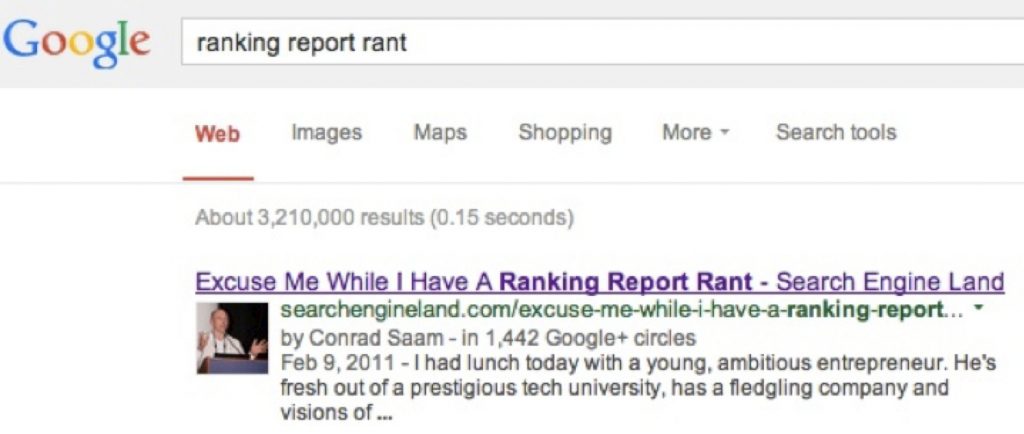
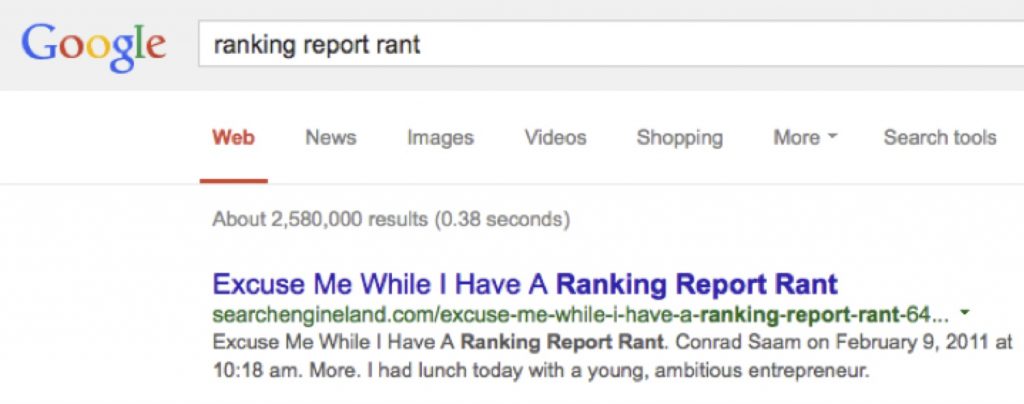
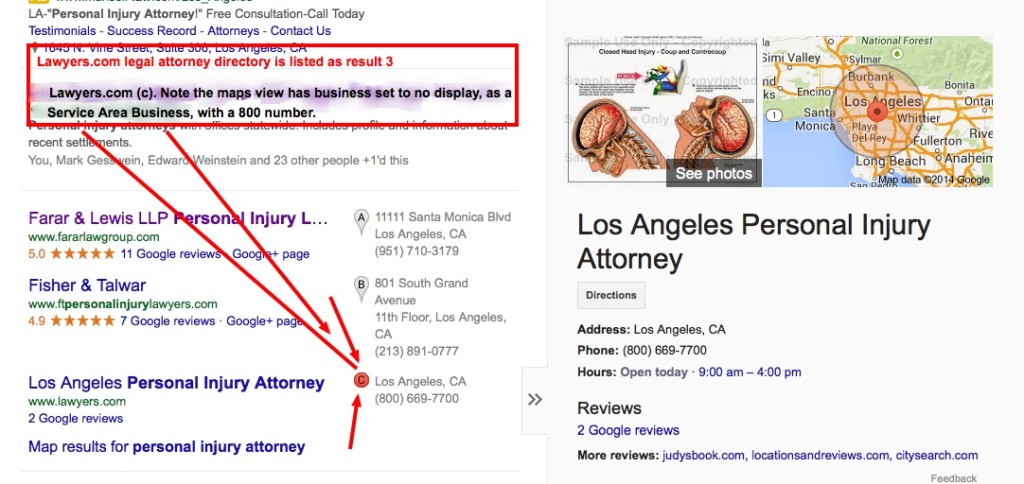
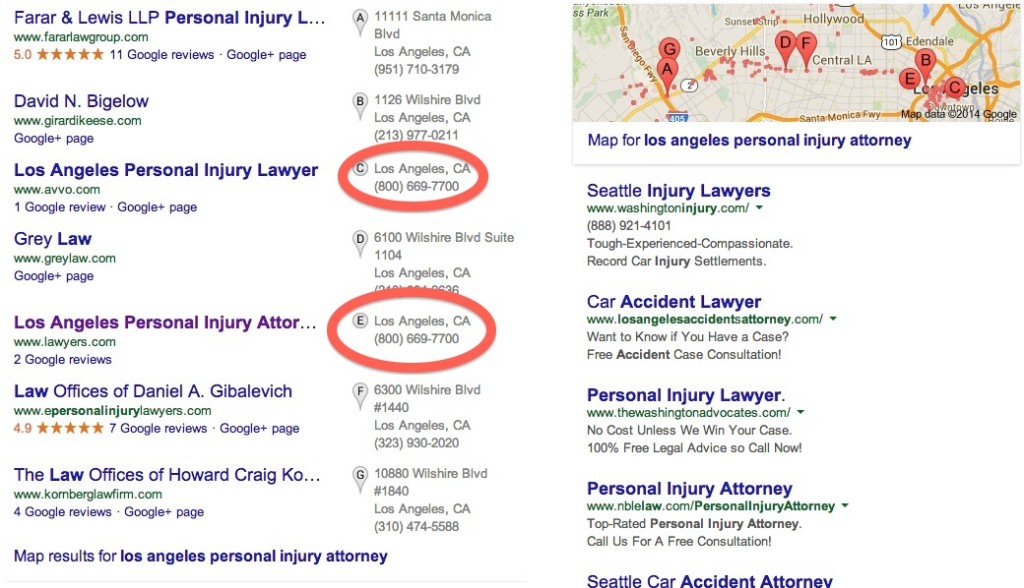
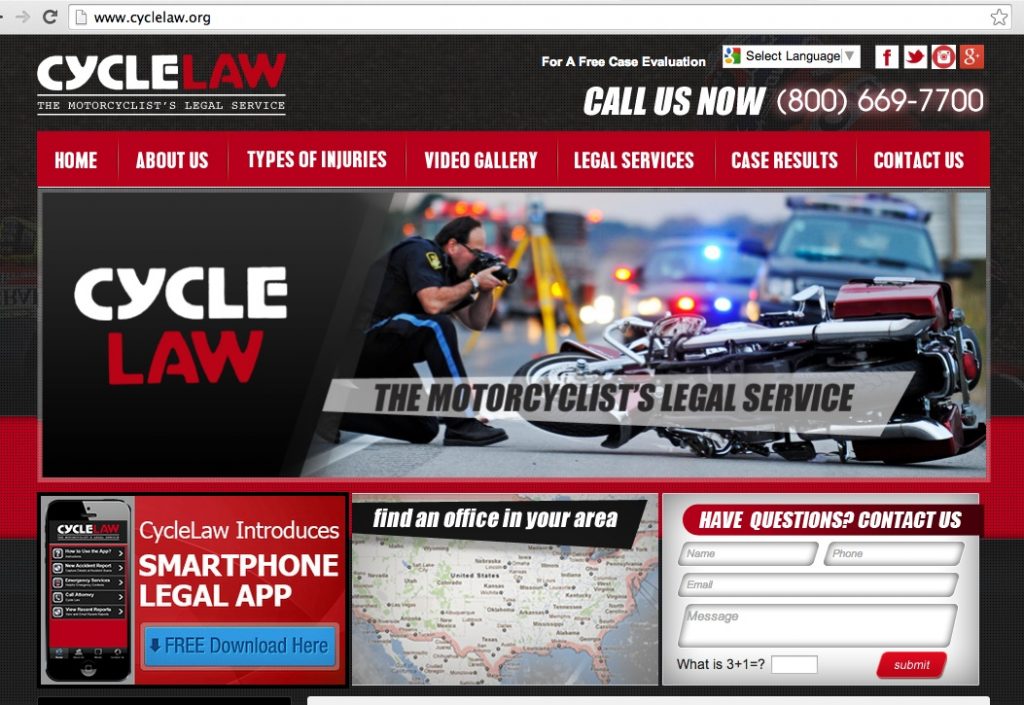
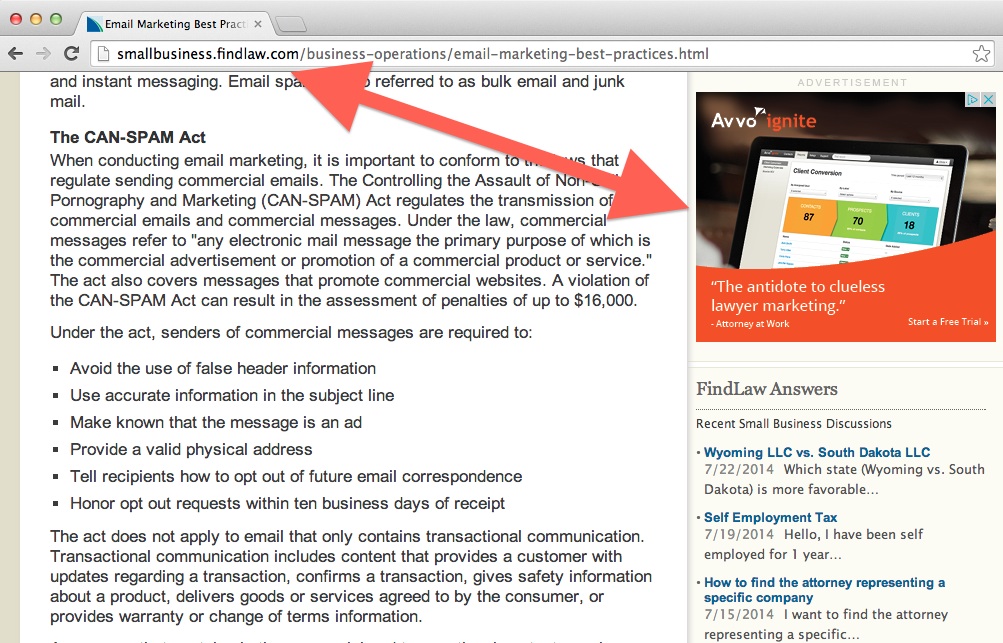
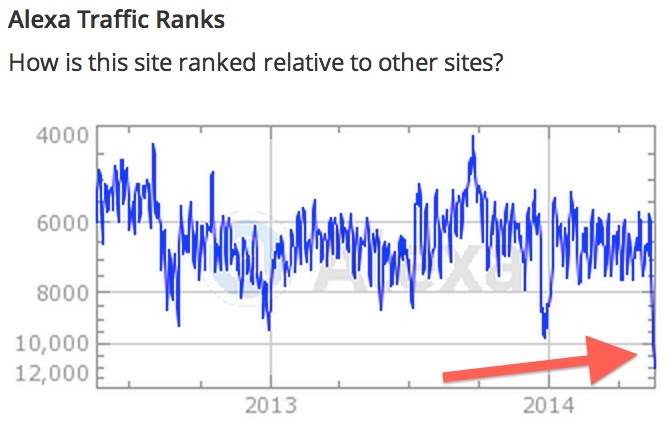
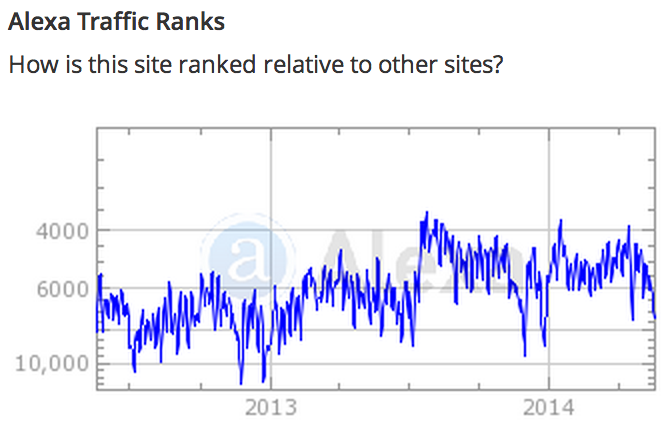
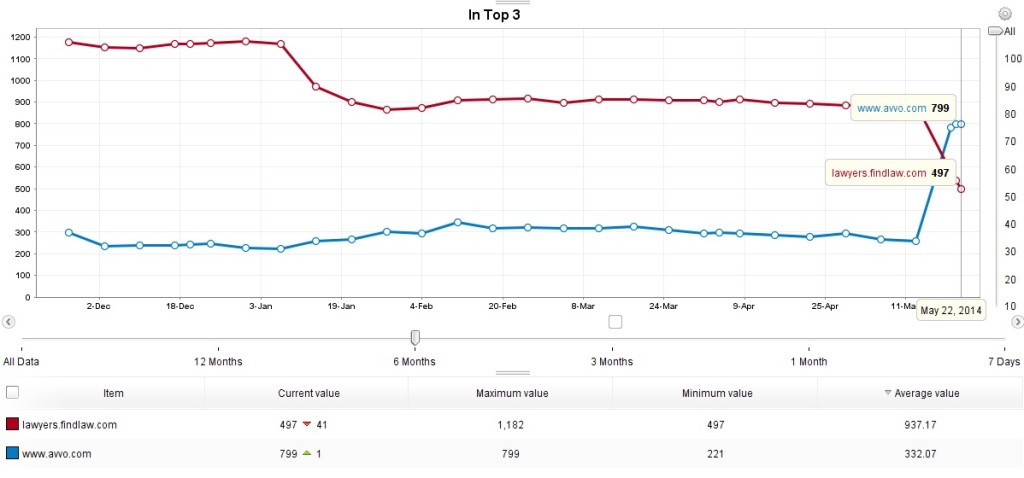

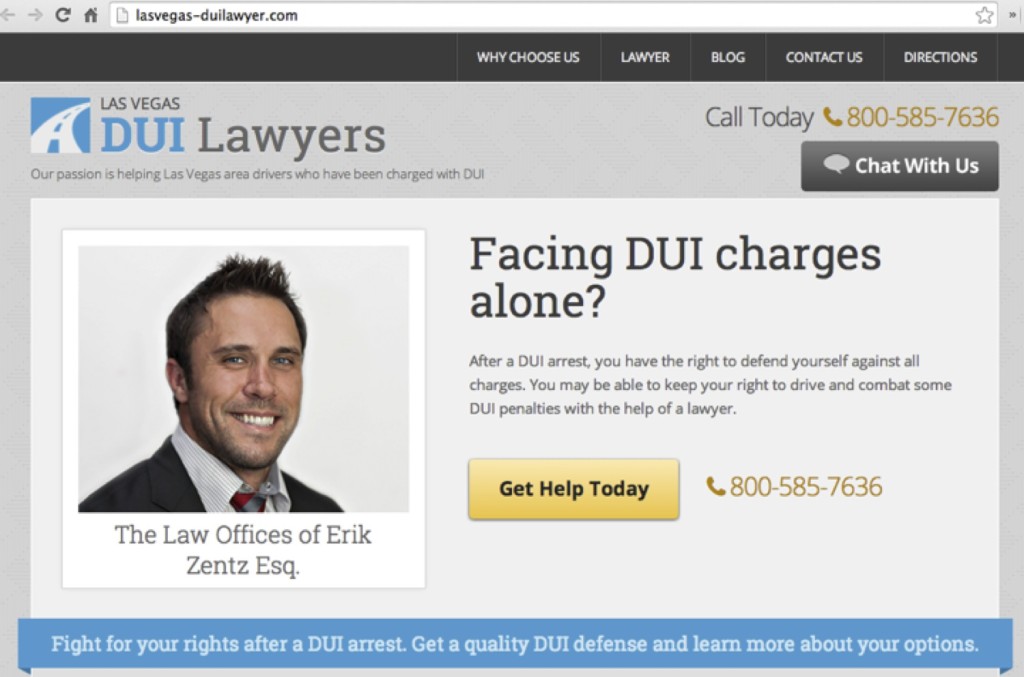

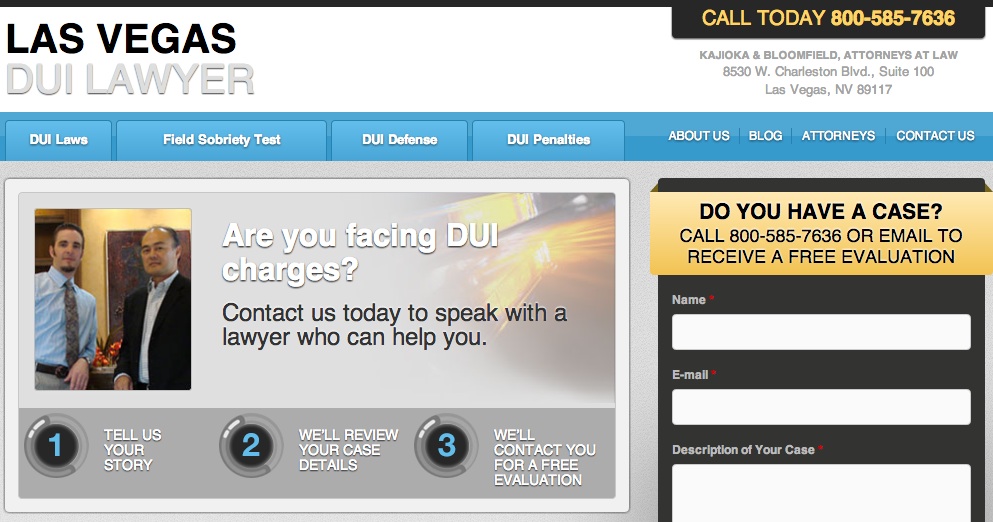

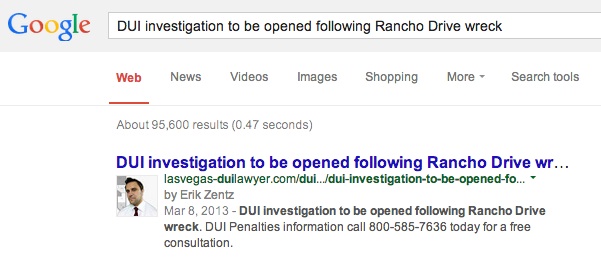
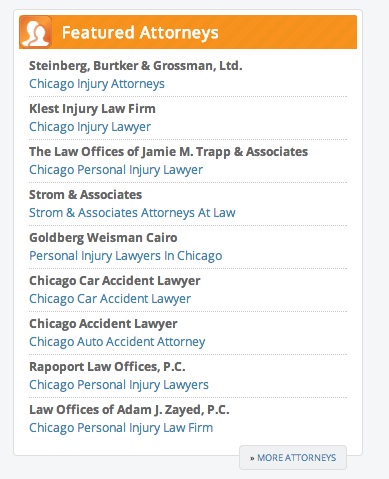
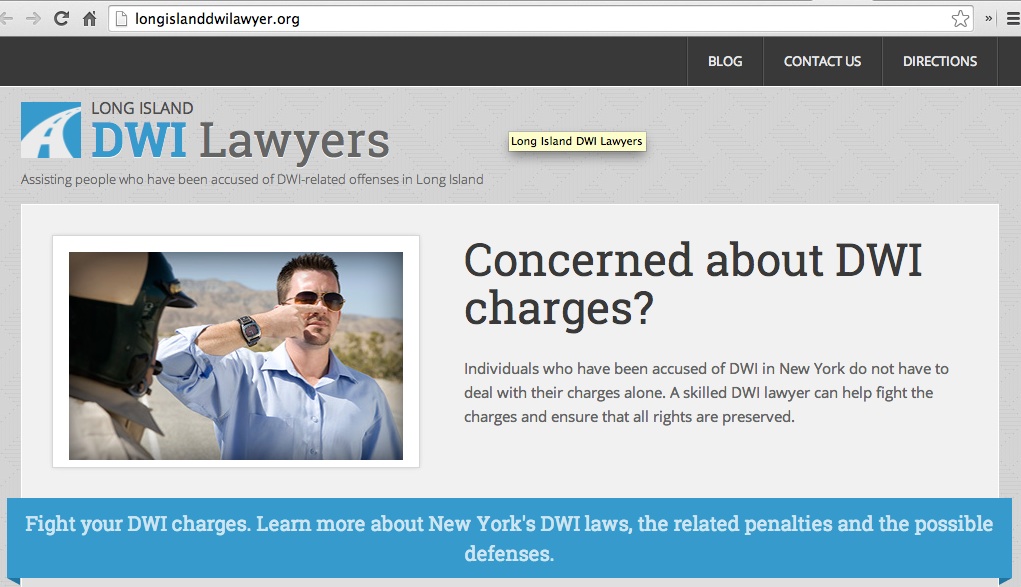
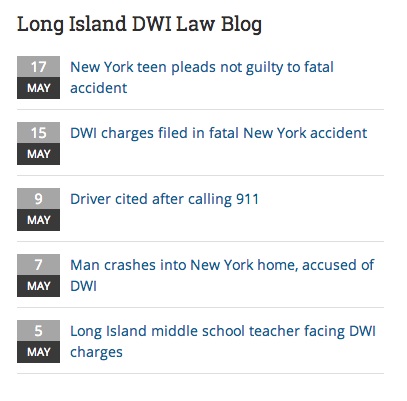
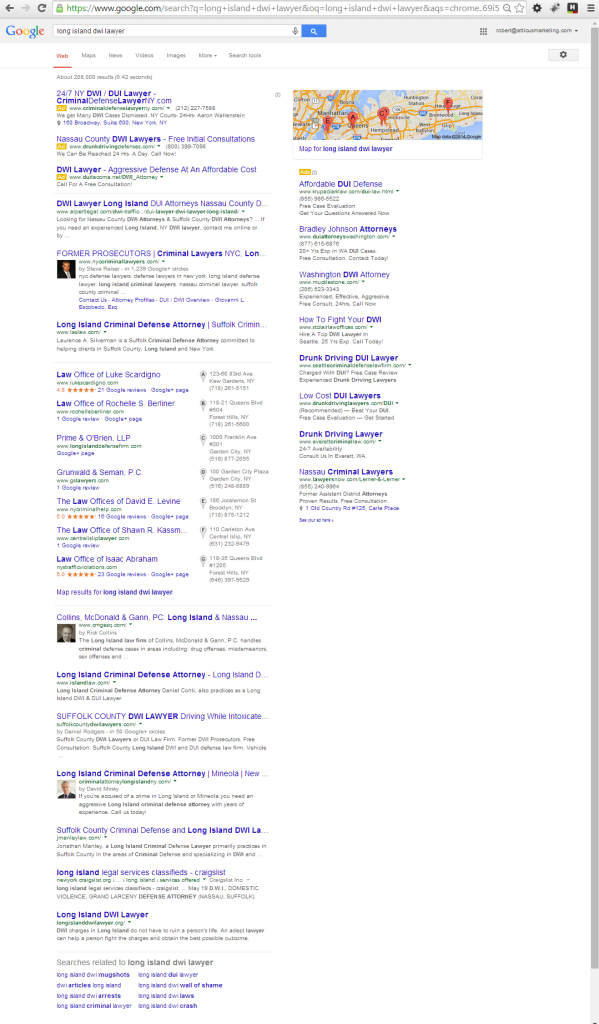
 Considering leaving FindLaw for an effective SEO provider? Check the fine print in your contract to see just how difficult they’ve made it for you.
Considering leaving FindLaw for an effective SEO provider? Check the fine print in your contract to see just how difficult they’ve made it for you.

